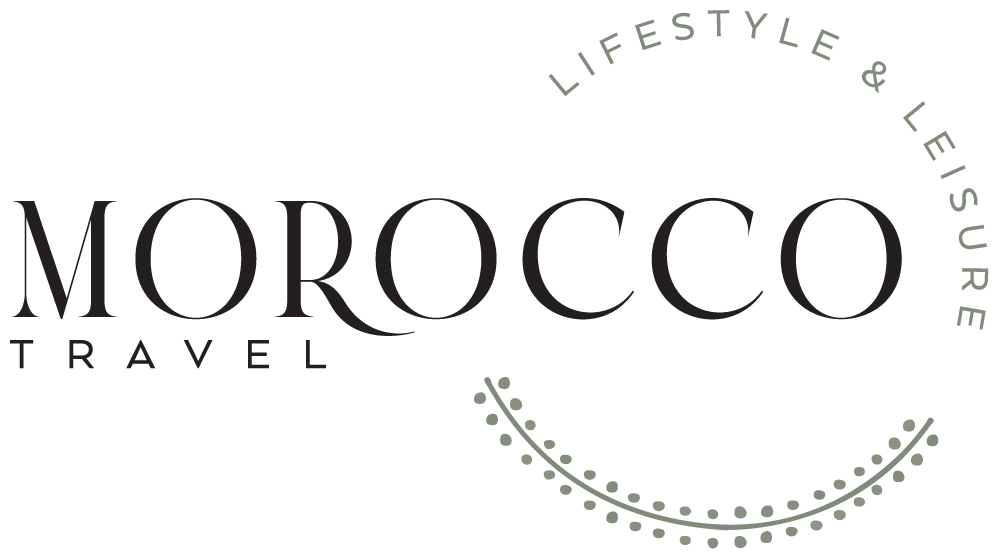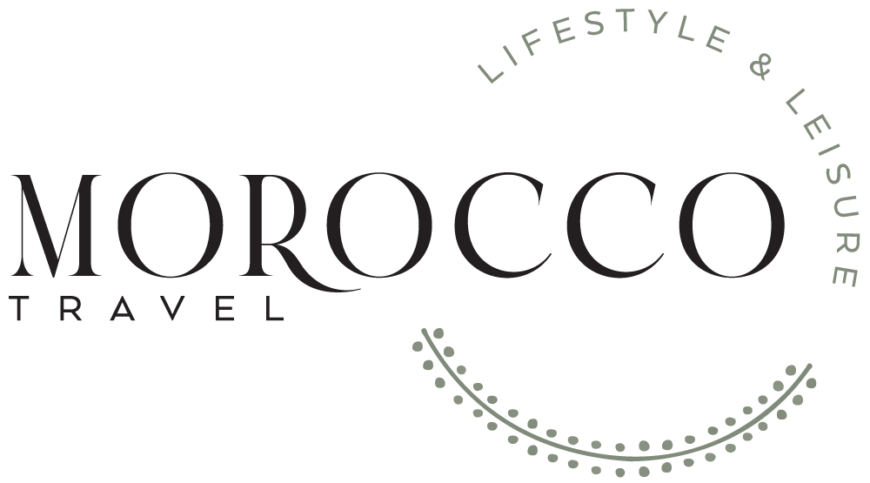ASTA Destination Expo, Marrakech, Your Morocco Tour Guide
ASTA (American Association for Travel Agents) will host its first Expo in Marrakech, Morocco from February 26th – March 1st, 2015. The ASTA Expo is geared towards Morocco Travel Agents and dedicated to showcasing Morocco and teaching industry professionals how to sell Morocco as a destination. The ASTA Marrakech Expo will include various sessions that impart information on Morocco ranging from Cultural Tourism to Adventure Travel, the Unique Cuisine of Morocco to Panel Discussions on Luxury Travel.
Marrakech’s Koutoubia Mosque and Tomb of Lalla Zohra
The Koutoubia Mosque, visible from many vantage points of Marrakech and towering over the world famous Jmaa el Fna Square, is an iconic symbol of the so-called ‘Red City.’ At 77 meters (over 252 ft), it dominates the skyline and is a useful orientation aid. Look out for the minaret with its distinctive four cooper balls from the roof of your riad or hotel. On clear days you will spot it from the window of your plane as you arrive for your Marrakech vacation in the Moroccan sky.
A Guide to Gluten Free Eating in Morocco
Traveling abroad can seem daunting for those who have special dietary requirements or allergies. For people who follow a gluten or wheat-free diet, with its staple carbohydrates of bread and couscous – can seem particularly challenging. Do not worry – you can enjoy a great trip to Morocco – even without eating wheat – if you consider some key pointers before and during your trip.
Marrakech’s 14th International Film Festival, Your Morocco Tour Guide
The Marrakech International Film Festival is now in its 14th year. The festival will take place in Marrakech from December 5th – 13th, 2014. Founded in 2000 as a means to promote Morocco as a production destination on the international film circuit, it is now responsible for an influx of film fan and film industry visitors every December to the ‘Red City’.
The Other Agadir, Traditions of Berber Granaries, Your Morocco Tour Guide
Morocco is such a melting pot of cultures and identities. The Berbers (or Amazigh; plural: Imazighen, meaning “free men”) were Morocco’s indigenous peoples, settled in the north-western corner of Africa across modern-day Morocco, Mauritania, Algeria and beyond, long before the arrival of Arabs from the East in the 7th century.
Visiting Morocco In Winter, Your Morocco Tour Guide
Morocco is the perfect travel destination regarding of season. Visiting Morocco in winter can make for a rewarding holiday travel experience. The period around Thanksgiving, Christmas and New Year is a popular time to take vacation and a great time of year to get away from it all. Morocco is a cold country with hot sun. Morocco enjoys sunny, mild weather year round and makes a perfect winter vacation destination.
Morocco’s Great Spice Trade, Your Morocco Tour Guide
The great sea voyages of the Portuguese explorers Ferdinand Magellan, who served for a while in Morocco, Vasco de Gama and the Spanish captain Christopher Columbus expanded trade routes around the world and especially the spice trade and the security of these routes was crucial. Morocco was on the route between Europe, the Middle East and Asia and therefore acquired a number of spices as Portuguese and Spanish enclaves and ports were established along the Moroccan coast.
Where to Shop in Essaouira
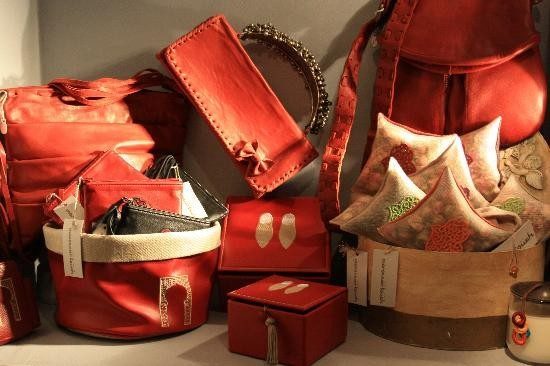
Essaouira is a sea-side medieval town. This charming artist colony boasts lovely white-washed and blue-shuttered houses, colonnades, and traditional thuya wood workshops along with art galleries. Essaouira is one of the best shopping destinations in Morocco for those looking to sample traditional goods at reasonable prices in a laid back atmosphere. Rasse Des Tannerie This […]
Where to Shop in Gueliz, Marrakech
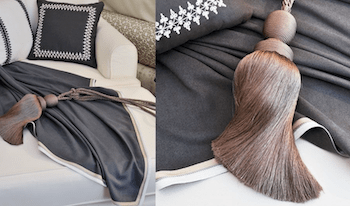
Marrakech’s new city of Gueliz is often referred to as “Little Paris.” Guliz was once the former town of the French protectorate and boasts historic Art Deco architecture. Gueliz has blossomed into an art mecca housing some of the most sought after restaurants, designers, and galleries. Historically known as the Villa Nouvelle, Gueliz is also shoppers […]
Mohammed VI Museum of Contemporary Art in Rabat, Morocco
King Mohammed VI of Morocco inaugurated the first Moroccan National Museum of art on October 14th, 2014 in Rabat. Mohammed VI Musée National d’Art Moderne et Contemporaine is the first major museum to be built in Morocco since it gained independence from France over 50 years ago. A visit to this new museum in Rabat is a must when visiting the Imperial Cities of Morocco and is essential as part of a Rabat historical and cultural tour.
